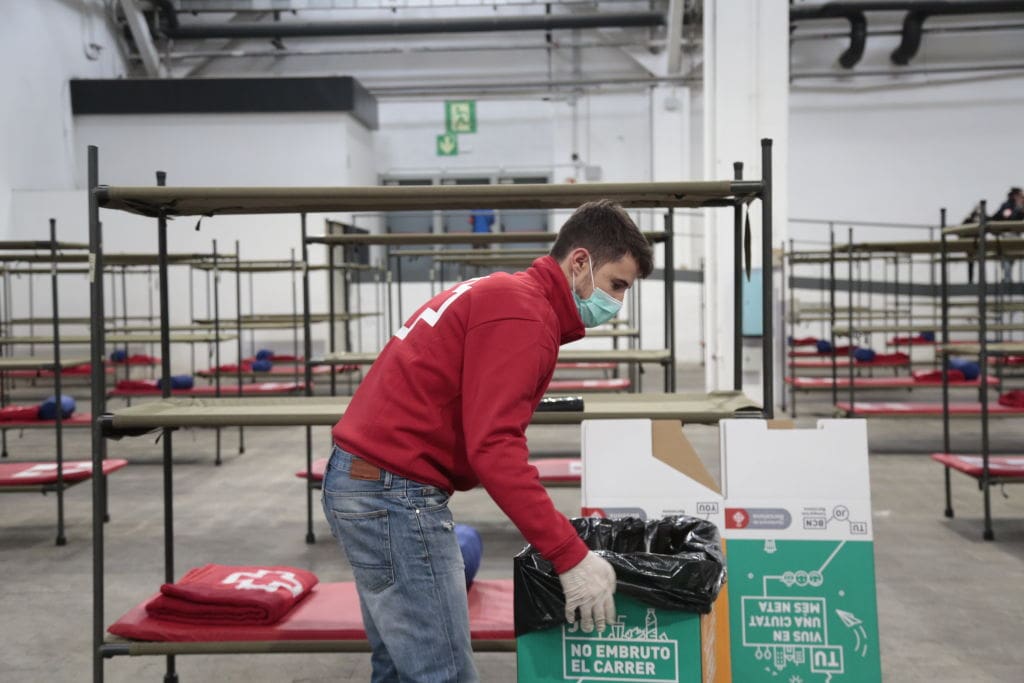“The response to this pandemic must be based on cooperation and sharing of resources because national strategies will not be enough on their own. Not only is helping the most marginalized the right thing to do, inadequate healthcare in any part of the world is a risk us all. The rapid spread of COVID-19 has shown how connected we all are,” said Netsanet Belay, Research and Advocacy Director at Amnesty International.
“On Thursday G20 leaders need to produce a concrete and coordinated plan for mobilizing resources to help people in the global south. They have a lot of financial measures at their disposal and they must consider them all. We will beat this virus together, for everyone, or not at all.”
Background
Amnesty International is calling for the G20 to adopt concrete and measurable policies and plans in order to tackle the COVID-19 pandemic at home and abroad, protect people’s health, and reduce its economic impacts.
Such measures must guarantee access for all to preventive care and good quality and affordable treatment, including those most at risk or less able to implement preventive measures through poverty, homelessness, or living and working in environments where they are more exposed to the virus. Transparency in decision-making is essential, requiring access to information, media freedom, and open civic space

